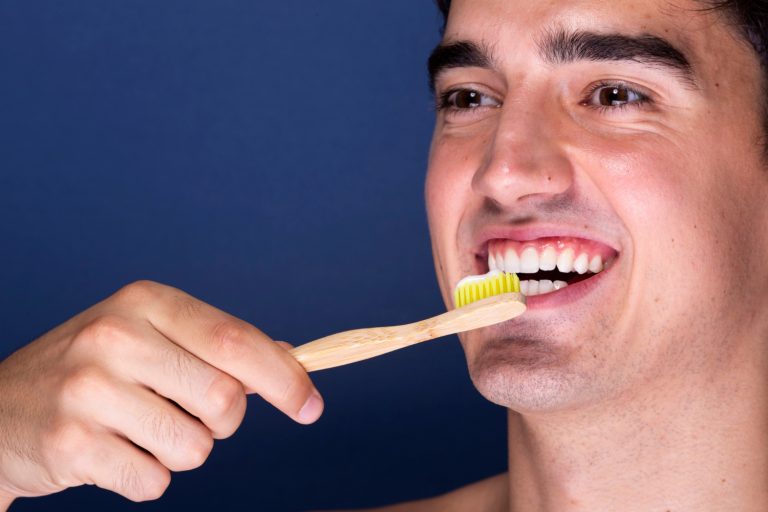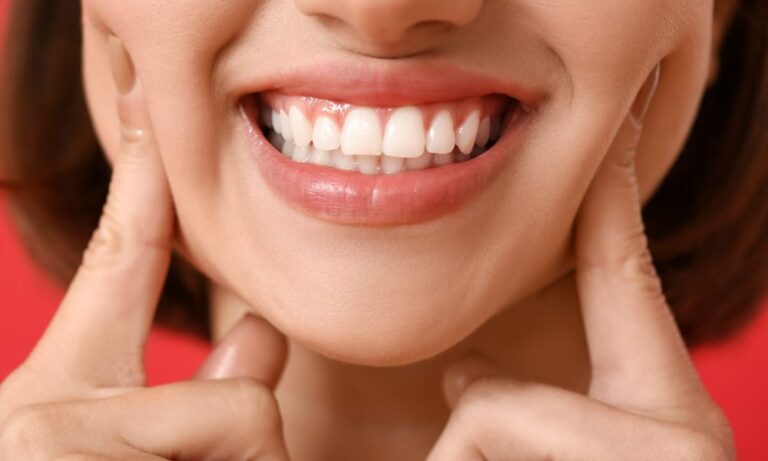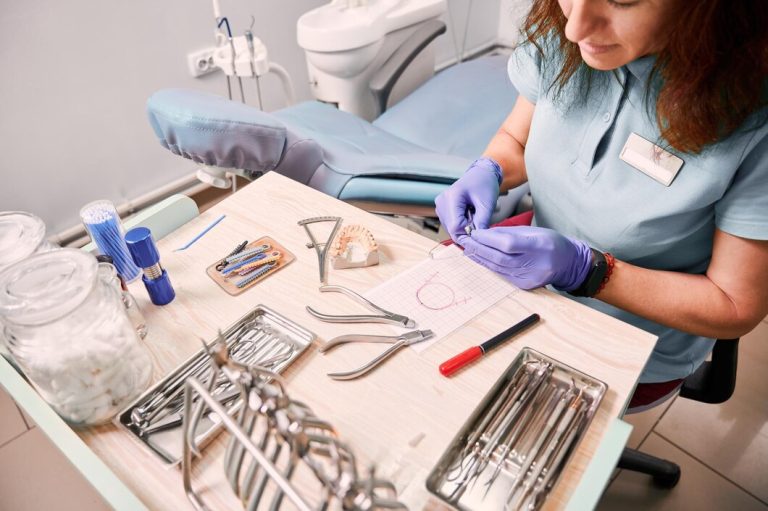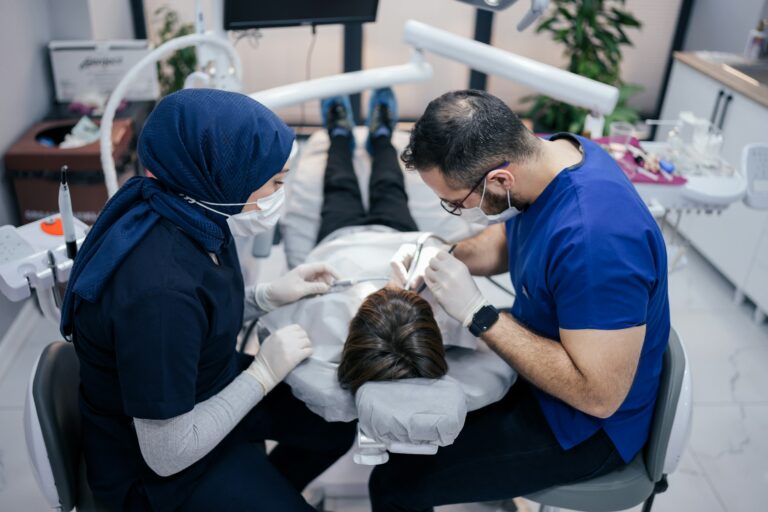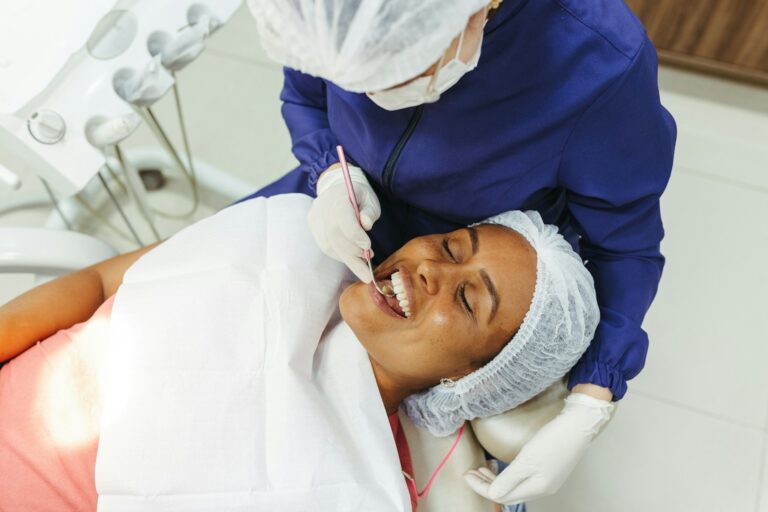Teeth grinding, also known as bruxism, is a common oral health concern that affects a significant number of people worldwide. Often occurring during sleep, bruxism can lead to various dental issues if not addressed appropriately, such as tooth damage, jaw pain, and gum recession. For individuals residing in Northglenn, Colorado, it’s crucial to recognize the signs of teeth grinding and seek professional assistance from a trusted dental care provider, like Colorado Gum Care, to safeguard their oral health and overall well-being.
In this blog post, we will delve into the causes and consequences of teeth grinding, discuss the available treatment options, and offer key insights on how to prevent or manage bruxism-related dental issues effectively. With this information, Northglenn residents can take appropriate steps to protect their oral health and ensure their smiles remain bright, healthy, and radiant.
Bruxism can stem from numerous factors, including stress, anxiety, sleep disorders, and even misaligned teeth. Regardless of the cause, persistent teeth grinding places excessive force on the teeth and supporting oral structures, potentially leading to tooth fractures, enamel erosion, and temporomandibular joint (TMJ) discomfort. Moreover, severe cases of bruxism may contribute to gum recession, heightening the risk of periodontal disease and tooth loss.
At Colorado Gum Care, our team of skilled dental professionals is dedicated to assisting Northglenn patients in addressing teeth grinding and its related oral health implications. Utilizing modern dental technologies and offering personalized treatment strategies, our goal is to help patients effectively manage bruxism and maintain optimal dental health.
Keep reading to uncover valuable information about teeth grinding, including potential treatment options and preventive measures that can empower you to take control of your dental health and prevent bruxism-associated complications.
Understanding the Causes of Teeth Grinding
Identifying the underlying factors contributing to teeth grinding is an essential step in addressing the issue effectively. Some common causes of bruxism include:
- Stress and Anxiety: Heightened emotional stress or anxiety can often lead individuals to clench their teeth or grind them while sleeping.
- Sleep Disorders: People with sleep apnea or other sleep-related disorders are more likely to develop bruxism.
- Malocclusion: Misaligned teeth or an abnormal bite may contribute to teeth grinding as the jaw seeks a comfortable position.
- Lifestyle Factors: Consumption of alcohol, caffeine, or tobacco products can increase the risk of developing bruxism.
Recognizing the Signs and Symptoms of Bruxism
Being aware of the indicators of teeth grinding can help you identify when to seek professional assistance. Some telltale signs and symptoms include:
- Tooth Sensitivity: Damaged tooth enamel due to grinding can result in heightened sensitivity to hot and cold foods or beverages.
- Worn Tooth Enamel: Excessive grinding can cause the enamel to wear down, exposing the inner layers of the tooth.
- Jaw Pain or Discomfort: Persistent grinding and clenching can put strain on the jaw muscles and lead to pain or discomfort.
- Sleep Disruptions: Bruxism may cause disturbances during sleep, leading to daytime fatigue or difficulty concentrating.
- Gum Recession: Severe cases of bruxism may contribute to gum recession and increase the risk of periodontal disease.
Treatment Options for Teeth Grinding
At Colorado Gum Care, we offer a comprehensive range of treatment options tailored to the specific needs of our Northglenn patients. Some effective treatments for teeth grinding include:
- Custom Night Guards: Night guards are dental appliances designed to protect your teeth from grinding during sleep. Custom-made night guards provide maximum comfort and fit.
- Orthodontic Treatments: Addressing bite misalignments or malocclusion with orthodontic treatments, such as braces or clear aligners, can help alleviate bruxism induced by improper bite positioning.
- Stress Management Techniques: Incorporating relaxation methods, such as meditation, yoga, or deep breathing exercises, may help mitigate stress-induced teeth grinding.
- Dental Restoration: If bruxism has caused significant tooth damage, dental restorations like crowns or bonding may be necessary to repair the affected teeth.
Preventive Measures for Bruxism-Related Issues
In addition to seeking professional dental care, adopting preventive measures can help manage teeth grinding and protect your oral health:
- Practice Mindful Relaxation: Engage in relaxation techniques, such as deep breathing or meditation, to alleviate tension and minimize teeth grinding.
- Avoid Caffeine and Alcohol: Limit consumption of caffeinated beverages and alcohol, as they may exacerbate bruxism symptoms.
- Maintain Proper Sleep Hygiene: Establish a regular sleep routine by going to bed and waking up at the same time each day, creating a comfortable sleep environment, and avoiding overstimulation before bedtime.
- Monitor Tooth Clenching: Be aware of any daytime teeth clenching or grinding habits, and consciously relax the jaw muscles when you notice tension.
Teeth Grinding in Northglenn: Its Influence on Oral Health
Teeth grinding, if left unaddressed, can have detrimental effects on your oral health and overall well-being. By understanding the causes, recognizing the signs, and adopting appropriate preventive measures, Northglenn residents can effectively combat bruxism and its associated issues.
At Colorado Gum Care, our dedicated dentists in Northglenn are here to provide personalized treatment options and guidance to help you maintain a healthy smile. Schedule an appointment with our expert team today to discuss your dental concerns and develop a comprehensive plan to manage teeth grinding and its impact on your oral health.


